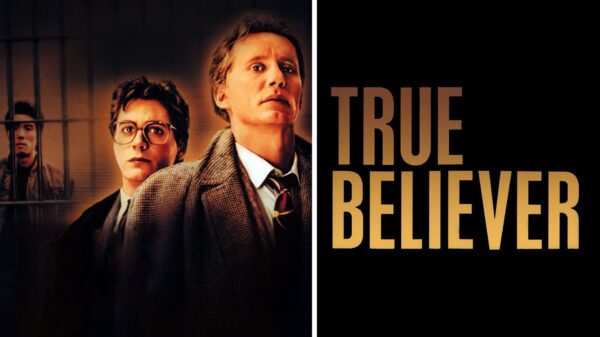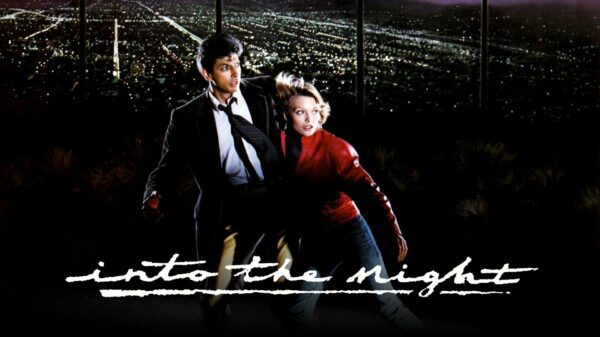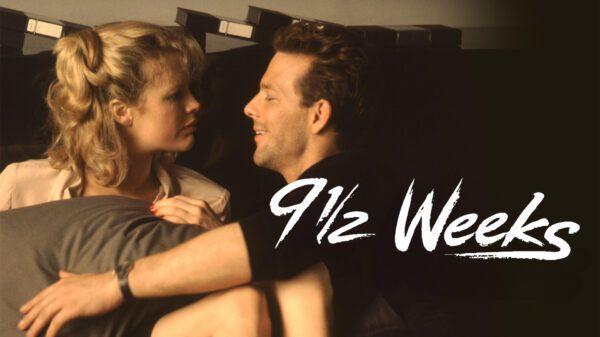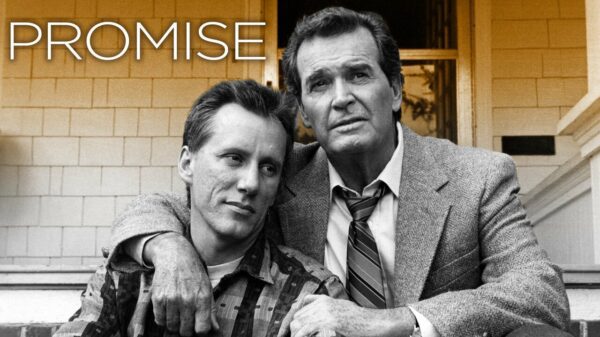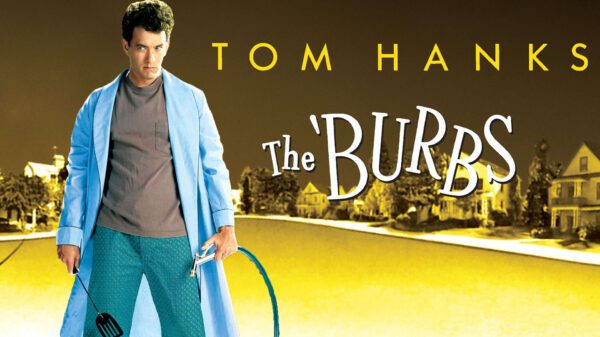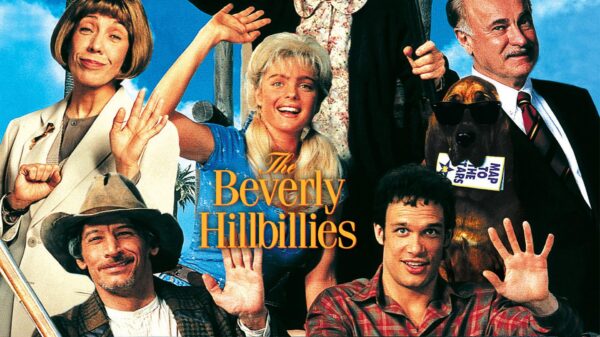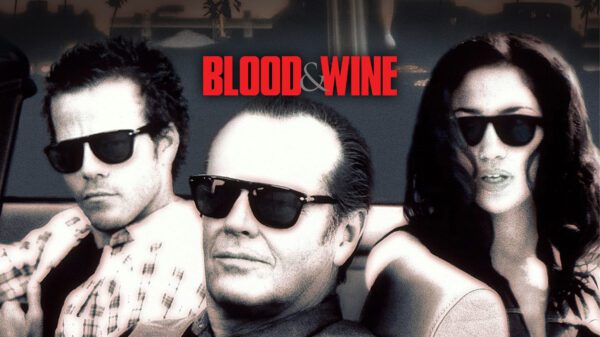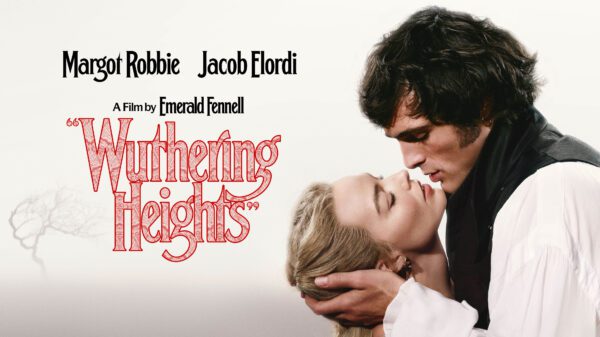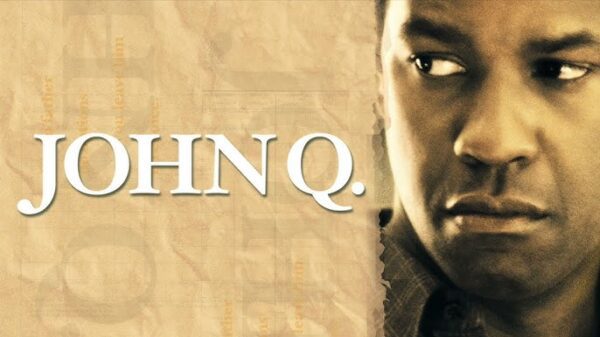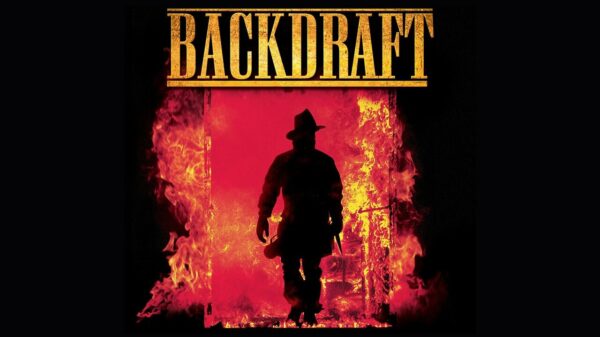Francis Ford Coppola‘s ambitious film The Cotton Club, released in theaters on December 14, 1984, is a stunning, sprawling period piece that resurrects the intoxicating atmosphere of the legendary Harlem nightclub during the Jazz Age and the Depression era. More than just a musical, the movie weaves together a dense, dark tapestry of organized crime, racial tension, and soaring artistic ambition, offering a grand vision of 1920s and 30s New York.
The film is structured around two parallel narratives that converge beneath the club’s glittering chandeliers. On one side is the world of the white gangsters and entertainers.
Richard Gere stars as Dixie Dwyer, a charismatic, struggling cornet player who finds himself drawn into the orbit of powerful mobsters (including Bob Hoskins and James Remar) and quickly rises through the ranks, simultaneously falling into a dangerous romance with Vera Cicero (Diane Lane).
The gangster element is further fleshed out by appearances from Nicolas Cage, Fred Gwynne, and Allen Garfield, showcasing the brutality and allure of the underground world.
Running concurrent to this is the story of the club’s Black performers, whose phenomenal talent captivated white audiences but whose opportunities were severely limited by segregation.
Gregory Hines delivers a dazzling performance as Sandman Williams, a tap dancer striving for stardom alongside his determined partner (Gwen Verdon).
His complicated relationship with the mixed-race singer Lila Rose Oliver (Lonette McKee), who must pass as white to succeed, highlights the era’s deeply painful social constraints.
Laurence Fishburne also shines in an early role.
Joe Dallesandro, Tom Waits, John P. Ryan, Diane Venora, Woody Strode, Bill Cobbs and Jennifer Grey round out the cast.

Diane Lane and Richard Gere in The Cotton Club (Photo/Orion Pictures)
Reception for The Cotton Club
The Cotton Club grossed $2.9 million on its opening weekend, finishing fifth at the box office. The top film of the week was Beverly Hills Cop, which earned $11.5 million on its second weekend.
The film would gross $25.9 million in its theatrical run.
Roger Ebert gave the film four out of four stars in his review.
The Cotton Club was nominated for the Golden Globe Award for Best Motion Picture – Drama and the Golden Globe and for Best Director (Coppola).
Legacy
The Cotton Club‘s enduring legacy rests on its breathtaking visual style, its authentic recreation of the era’s music and dance, and Coppola’s daring attempt to blend the gangster epic, the lavish musical, and pointed social commentary.
Though often viewed as a fragmented masterpiece, its ambition is undeniable, delivering dazzling choreography and brutal mob violence in equal measure.
It remains a rich, complex, and vital film that captures the energy, inequality, and sheer theatricality of a defining moment in American cultural history.

